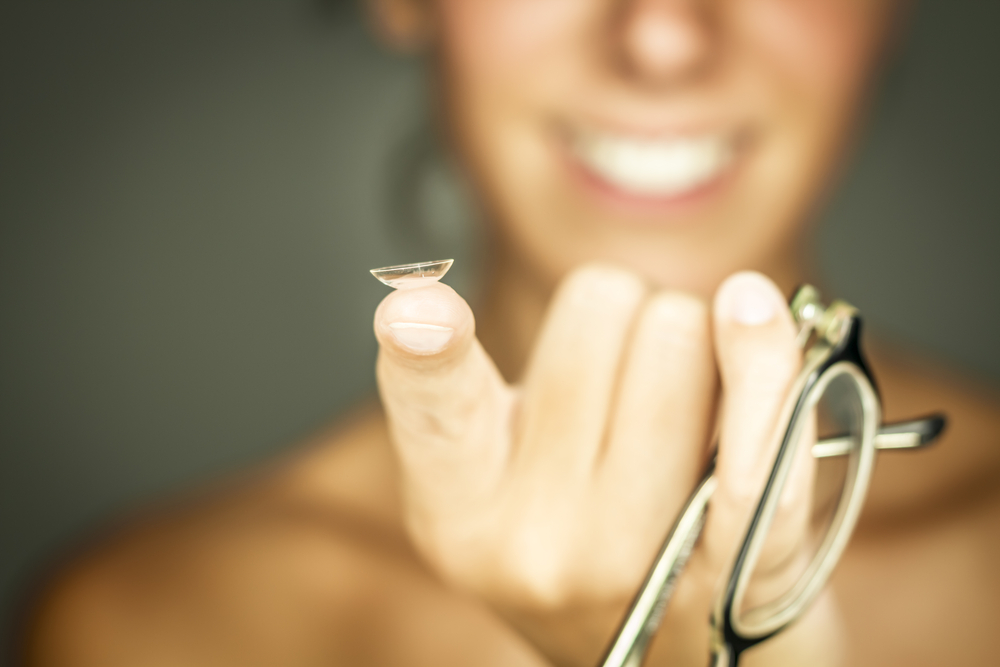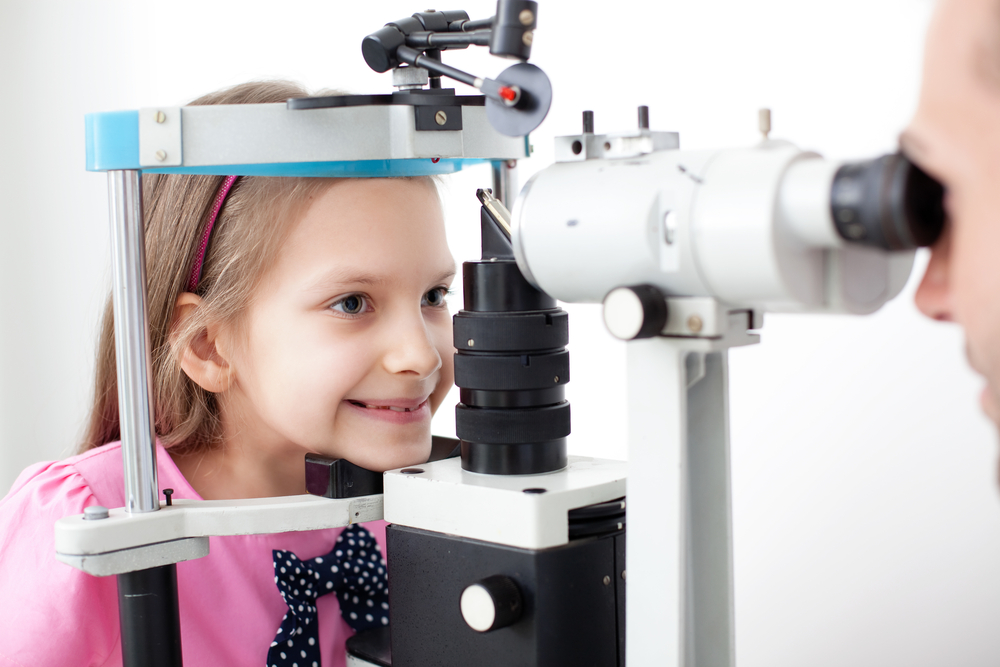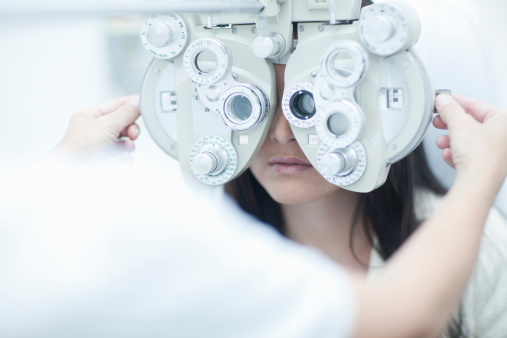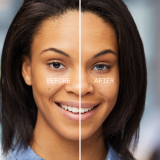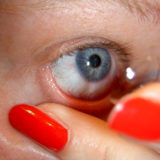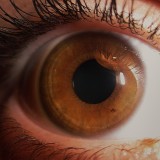Reading When The Light is Low
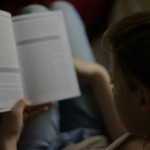 Just a few days ago I scolded my six-year old son for trying to read without proper lighting. “You’ll ruin your eyes unless you go sit over there by that lamp,” I warned.
Just a few days ago I scolded my six-year old son for trying to read without proper lighting. “You’ll ruin your eyes unless you go sit over there by that lamp,” I warned.
Then, minutes later he quickly got tired of reading and complained that his eyes hurt. I got worried and immediately wondered if maybe he needed glasses!
I called my optometrist and told him the situation. Since he had just examined my son, he didn’t seem as concerned. He thought it was probably eye strain and told me that it was better for him to read in a well-lit room not because he’d actually “ruin” his eyes, but rather to keep him from eye strain. There is a distinction, he pointed out. Here is what he explained.
Reading in a dimly lit environment doesn’t actually cause direct damage to your eyes, in that it won’t make you more near-sighted or farsighted. Instead, reading without proper lighting causes your eyes to strain, which can cause physical symptoms like tiredness, headaches, itchy or dry feeling eyes, and blurred vision.
When your eyes are faced with a dimly lit situation, they adjust so that you are able to see better. The retina produces more light-sensitive chemicals, the muscles of the iris relax so that your pupils get very large, and all of this allows your eyes to absorb as much of what little light is available.
In order to read, your retina must focus on the image of the word and maintain that focused image. In order for the retina to perform this task, the retina muscles must contract.
Herein lies the physical problem with reading in poor lighting. Your eye muscles are trying to contract to hold that image long enough for you to read the words, while at the same time they are trying to relax and let as much light in as possible to help you see better. What happens when the eyes are faced with this paradox? As you can imagine, they get tired!
The good news is most people recover from eye strain, completely. You won’t ever need vision correction (glasses or contact lenses) just because you spent too much time trying to read in the dark.
That being said, if you do have an underlying eye issue (like nearsightedness) you may have many of the same symptoms of eye strain. So, you want to make sure that you visit your optometrist at your closest America’s Best for a vision check just to rule out any vision issues.

